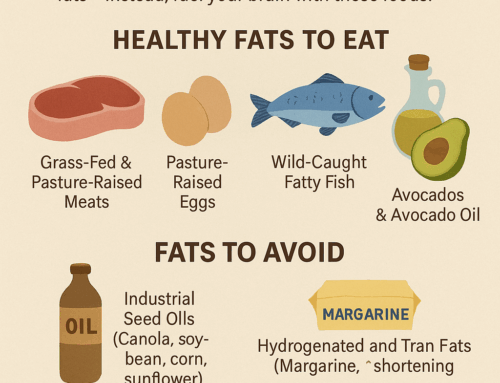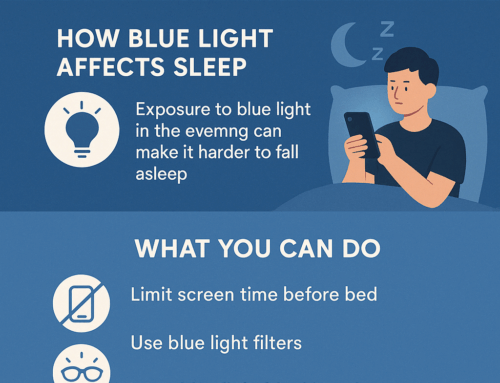Social media has become an integral part of our daily lives. Platforms like Instagram, Snapchat, TikTok, and Facebook are ubiquitous, offering a space for connection, self-expression, and information sharing. However, the pervasive influence of these platforms has its drawbacks, particularly for teenagers. As the first generation to grow up with social media, today’s teens face unique challenges that have far-reaching implications for their mental health, social development, and overall well-being.
Mental Health Concerns
One of the most pressing issues associated with social media use among teens is its impact on mental health. Studies have shown a correlation between excessive social media use and an increase in mental health issues such as anxiety, depression, and loneliness. The constant comparison to others, fueled by carefully curated images and highlight reels, can lead to feelings of inadequacy and low self-esteem. Teenagers, who are already navigating the complexities of identity formation, are particularly vulnerable to these pressures.
The dopamine-driven feedback loops created by likes, comments, and shares can also contribute to addictive behaviors. Teens often compulsively check their phones, seeking validation and approval from their online peers. This addiction to social media can lead to a decrease in face-to-face interactions and meaningful relationships, further exacerbating feelings of isolation.
Cyberbullying and Online Harassment
Another significant concern is the prevalence of cyberbullying and online harassment. Unlike traditional bullying, which has physical and temporal boundaries, cyberbullying can occur at any time and from any place, making it relentless and inescapable. Ben often states, “They carry a bully around in their pocket.” The anonymity provided by the internet can embolden individuals to engage in harmful behavior they might otherwise avoid. For teenagers who are still developing coping mechanisms and resilience, the effects of cyberbullying can be devastating, leading to severe emotional distress and, in extreme cases, tragic outcomes. To learn more about cyberbullying, view our blog post
Impact on Academic Performance
The constant distraction of social media can also harm academic performance. Teens who spend excessive time on their phones will likely need help with concentration and time management, leading to lower grades and academic achievement. The temptation to check notifications during study sessions or even during class time can disrupt learning and reduce the quality of education. Furthermore, the lack of sleep caused by late-night social media use can impair cognitive function and memory, making it even harder for teens to succeed academically.
Body Image and Self-Esteem
Social media platforms are rife with images that perpetuate unrealistic beauty standards. Filters, photo editing apps, and the pressure to present a perfect image can distort teens’ perceptions of reality and their own bodies. Constant exposure to idealized images can lead to body dissatisfaction and unhealthy behaviors, such as disordered eating and excessive exercise. For teens whose self-esteem is still developing, these unrealistic standards can create a harmful cycle of comparison and self-criticism.
Social Skills and Real-Life Interactions
While social media is designed to connect people, it can lead to a decline in genuine social skills. Teens who spend significant time communicating through screens may need help with face-to-face interactions. The nuances of body language, tone of voice, and real-time emotional responses are lost in digital communication, making it harder for teens to develop empathy and practical interpersonal skills. This can lead to difficulties forming and maintaining real-life relationships, which are crucial for emotional and social development.
While social media offers numerous benefits, including staying connected and informed, it is essential to recognize and address its adverse impacts on teenagers. Parents, educators, and policymakers must work together to create a balanced approach to social media use, promoting digital literacy and encouraging healthy online habits. By fostering environments where teens can thrive online and offline, we can mitigate the adverse effects of social media and support the next generation’s well-being.
The conversation about social media’s impact on teens is complex and ongoing. As we navigate this digital age, it is crucial to remain vigilant and proactive in understanding and addressing the challenges that come with it.
To learn what steps you can take to mitigate the effects of social media on your teens, visit our blog post about mitigating the impact of social media on your teens.







Leave A Comment